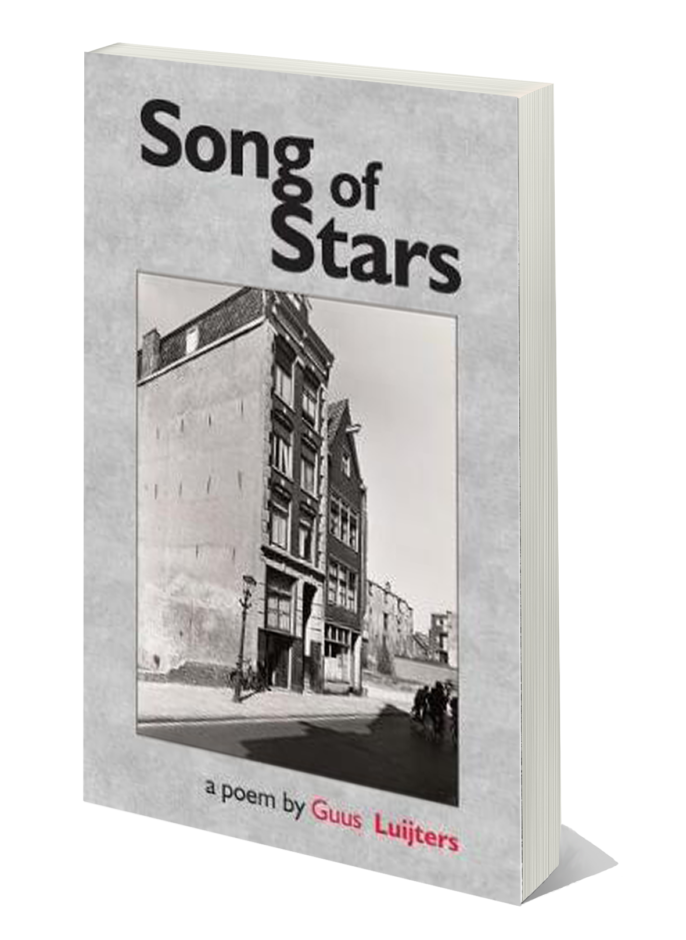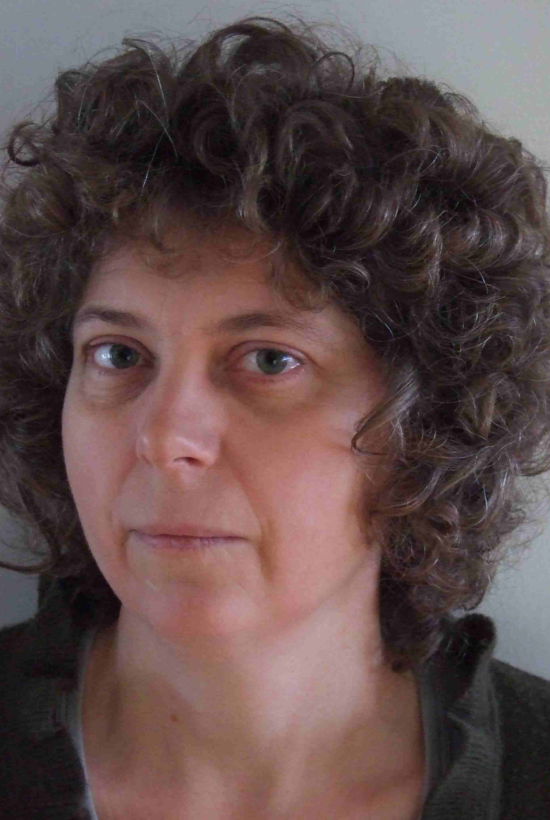
Between 1940 and 1945 over 100,000 Jews were deported from the Netherlands and murdered (three quarters of the Dutch-Jewish population). One of these was Sientje Abram, an eleven year-old girl from Amsterdam who was killed at Auschwitz in 1942. Guus Luijters first came across Sientjes name when he was writing a book about the 18,000 Dutch children murdered during the German Occupation. But he could find out nothing about her. All those who knew her were also killed. And unlike Anne Frank, she left no written records. Then one night Sientje started a poetic dialogue with Luijters. The result is Song of Stars, in which Sientje recalls the street where she spent her childhood and the lost world of old Jewish Amsterdam. The final section contains the names of the 331 children from Rapenburgerstraat who were killed by the Nazis. Song of Stars is a compelling and terrible book about xenophobia, cultural amnesia and public memory.

